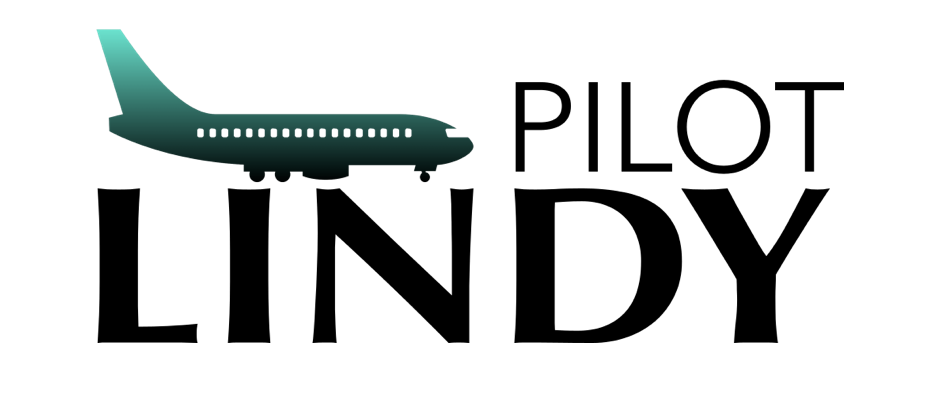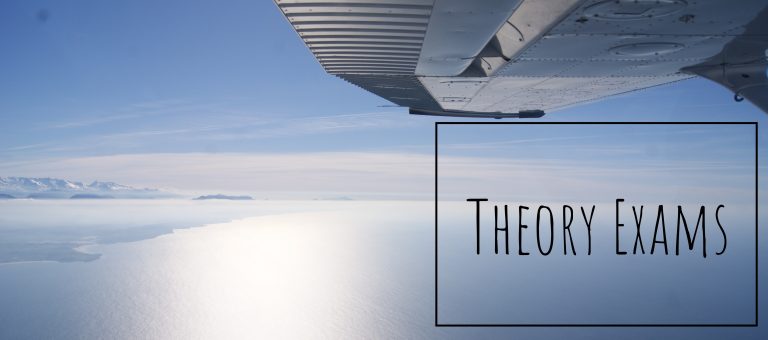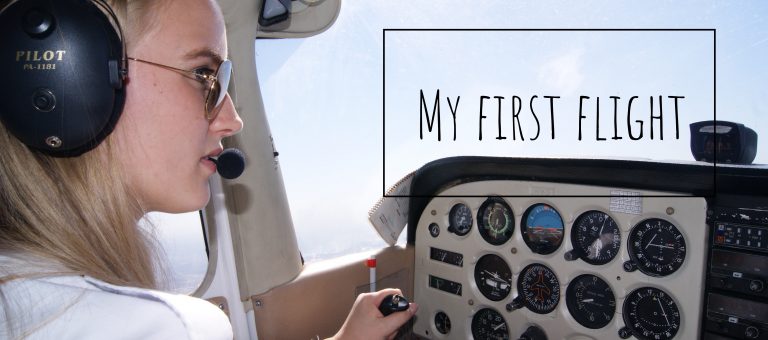After you have found a suitable flight school, you’ve passed the selections and you’ve found a way to pay for it, you will start the pilot course. If you do the Integrated ATPL (Airline Transport Pilot Licence) course, you will start with the course with ATPL theory classes.
You will have 14 subjects for which you will have to do 14 official exams:
- 010 – Air Law
- 021 – Aircraft General Knowledge: Airframe, Systems, Electrics, Powerplant
- 022 – Aircraft General Knowledge: Instrumentation
- 031 – Mass & Balance
- 032 – Performance
- 033 – Flight Planning & Monitoring
- 040 – Human Performance & Limitations
- 050 – Meteorology
- 061 – General Navigation
- 062 – Radio Navigation
- 070 – Operational Procedures
- 081 – Principles of Flight
- 091 – Communications VFR
- 092 – Communications IFR
Air Law: You will learn everything about the rules of the air, Air Traffic Control (ATC) procedures and everything you legally need to know about aviation.
Aircraft General Knowledge: Consists of many different topics and is divided into two main subjects.
- Airframe, Systems, Electrics Powerplant: In the first one, as the name suggests, you will learn about:
- Airframe (material, design, stress and fatigue, flight controls, landing gear);
- Systems (hydraulic, pneumatic, anti-icing, fuel system);
- Electrics (electric loads, voltage, amperes, resistance, electric gates, battery DC power, engine AC power and how to convert AC to DC), and
- Power plant (all about turbine and piston engines).
- Instrumentation: In the second subject of Aircraft General Knowledge, you learn about Instrumentation. In the beginning you will learn about the basic flight instruments such as the altimeter, the airspeed indicator, the vertical speed indicator and the attitude indicator. Later on, you will learn about the more advanced flight instruments in modern jet aircraft such as the Inertial Navigation and Reference systems, automatic flying systems, Ground Proximity Warning System (GPWS) and Traffic Collision Avoidance System (TCAS).
Mass & Balance: You will learn the importance of correct loading of the aircraft with regards to cargo, passengers, luggage and fuel, calculations with regards to load shifting, maximum take off mass, maximum landing mass and the centre of gravity.
Performance: About the airplane’s performance in different phases of flight: Take off (take off distance and obstacle clearance), landing (landing distance), go around (obstacle clearance). This has to do with power settings, flap settings, runway conditions (dry, damp, wet or contaminated, up slope or downslope) and prevailing wind (head wind, cross wind, tailwind).
Flight Planning: You will learn how to plan a flight, from filing a flight plan to calculating how much fuel you need, from calculating the distance in Nautical Ground miles and Nautical Air miles and the Point of Safe Return (or Point of No Return) and Point of equal time.
Human Performance & Limitations: A complete different subject compared to the ones described above. This subject is all about what high altitude does to your body, such as reduced air pressure and radiation. It starts with basic knowledge about the human body: about the heart, the lungs, the blood circulation, the eyes, the ears and the vestibular system. Later on, you learn about visual illusions in flight, about human error risk in aviation and about Crew Resource Management (CRM).
Meteorology: A very interesting but quite difficult subject. It teaches us all about the atmosphere, about altimetry (based on air pressure, density and temperature), about wind, thermodynamics, clouds, fog, precipitation, fronts, pressure systems and climatology.
General Navigation: You will learn how to navigate using different types of charts, you will learn about magnetism and compasses, about navigation around the North pole and all about why airplanes don’t fly straight lines when crossing part of the globe!
Radio Navigation: When flying, we use radio beacons to know where we need to go. This subject teaches us all about all radio aids such as VOR (VHF Omidirectional Range), DME (Distance Measuring Equipment), ILS (Instrument Landing System) and GPS (Global Positioning System) and, of course, how to use these systems for navigation!
Operational Procedures: All about rules in aviation and standard operational procedures. Quite a tough subject as all information comes from different sources and ICAO documents.
Principles of Flight: Mostly about aerodynamics: About the stability and control of the plane, about propellers, about flight mechanisms, about high speed up to super sonic (Mach 1.0) and everything in between!
Communications VFR (Visual Flight Rules) and IFR (Instrument Flight Rules): How to communicate with Air Traffic Control, standard phraseology in normal, abnormal and emergency situations.
As you can imagine, this is a lot to study. Most flight schools have 10 months of theory classes and then you go for the official exams. It requires hard work, but when you pass those 14 exams, you will be released and you can enjoy the rest of your course without studying theory and just enjoy the practical part of the flight training: Flying an airplane!
All about that in the next blog post, stay tuned!
P.S. If you like to know more about a certain subject, please comment and ask your question. I will be more than happy to answer all your aviation related questions!




This has been so helpful and motivating and most of all inspiring,i biliv im gonna make it just like you did,the problem is in my country there is no much basis on the aviation industry so it seems so hard for me to become a pilot.No matter the situation,i biliv i will be a pilot!
Thank you so much, good luck with your career!
Where do u make the medicamentos tets
how many pages do you studied before became a professional pilot, during the atpl courses?